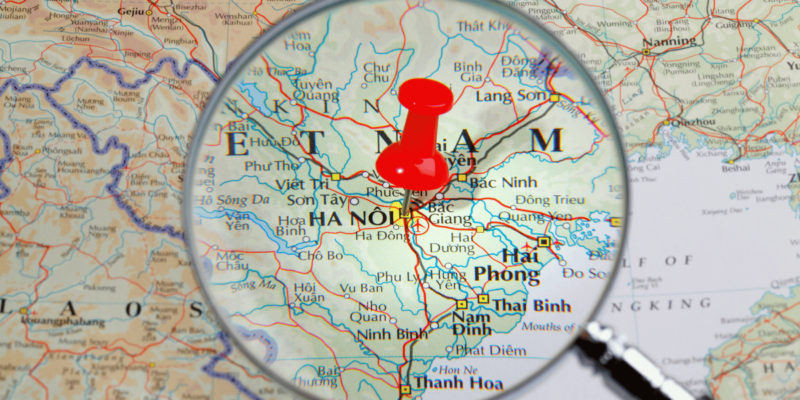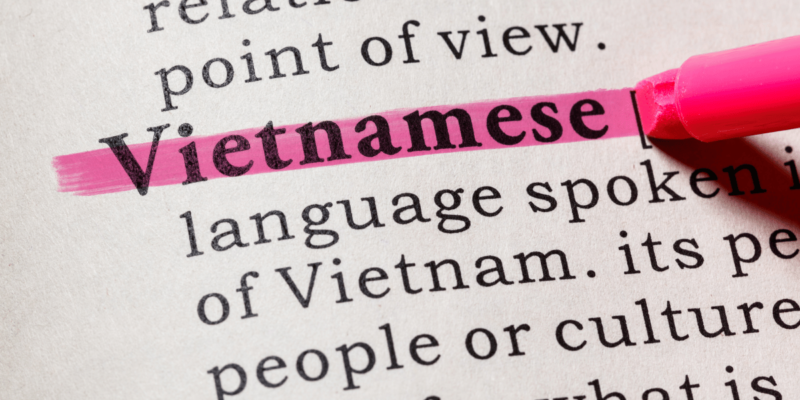The Origin and Significance of Vietnam’s Name
Vietnam, a country with a rich history and vibrant culture, has a name that carries significant historical and cultural weight. Understanding the origin and meaning of a country’s name provides insights into its identity, heritage, and the events that shaped its formation. This article delves into the historical background, origin, and evolution of the name “Vietnam,” exploring its cultural and linguistic significance, comparisons with neighbouring countries, and its contemporary importance. Through this exploration, we gain a deeper appreciation of how the name reflects the country’s journey and its place in the world.
Historical Background
Before the name “Vietnam” was formalised, the region was known by various names influenced by its historical rulers and neighbouring cultures. In ancient times, the area was referred to as “Van Lang” and later “Au Lac,” reflecting its early kingdoms. During Chinese rule, the region was often referred to as “Giao Chi” or “Annam,” names that highlight the significant impact of Chinese civilisation on Vietnam’s early history. Key historical events, such as the struggle for independence from Chinese domination and the establishment of autonomous Vietnamese states, played a crucial role in shaping the region’s identity and its eventual naming conventions.
Origin of the Name “Vietnam”
The name “Vietnam” is derived from the words “Viet” and “Nam.” “Viet” refers to the ethnic group that dominated the region, also known as the “Yue” people in Chinese historical texts, who were known for their resistance against foreign rule. “Nam” means “south,” indicating the geographical location of the Vietnamese people in relation to China. The name “Vietnam” was officially adopted in the early 19th century by Emperor Gia Long, who sought to unify the country and establish its identity distinct from Chinese influence. This formalisation marked a significant moment in the country’s history, symbolising unity and independence.
Evolution of the Name Over Time
The name “Vietnam” has undergone several changes throughout different dynasties and regimes. During the Nguyen Dynasty, the country was referred to as “Dai Nam,” which means “Great South,” reflecting a period of territorial expansion and consolidation. Under French colonial rule, the name “Annam” was often used, a term that many Vietnamese found derogatory due to its connotations of subservience. Following the August Revolution in 1945 and the declaration of independence from French colonial rule, the name “Vietnam” was restored and has since been used as the official designation, symbolising the country’s sovereignty and cultural identity.
Cultural and Linguistic Significance
In Vietnamese culture, the term “Viet” carries a deep sense of identity and pride. It denotes the ethnic majority in Vietnam and their long history of resilience and cultural development. “Nam,” meaning “south,” not only situates the country geographically but also conveys a historical narrative of the Vietnamese people’s southward expansion and adaptation. Together, “Vietnam” encapsulates the essence of the nation’s cultural heritage and unity, reflecting the struggles and triumphs of its people. The name is a reminder of the enduring spirit and cultural richness that define Vietnam.
Comparisons with Neighbouring Countries
Naming conventions in Southeast Asia often reflect similar historical and cultural influences. For instance, Thailand, formerly known as Siam, changed its name to emphasize national identity and unity. Cambodia and Laos also have names deeply rooted in their respective ethnic groups and historical narratives. These countries, like Vietnam, have names that reflect a blend of indigenous and foreign influences, showcasing the region’s interconnected history. Comparing these naming conventions highlights the shared and unique aspects of cultural identity and historical experiences in Southeast Asia.
Contemporary Importance
Today, the name “Vietnam” holds significant importance in international relations and global identity. It evokes images of a resilient nation with a rich cultural heritage and a dynamic future. The name carries national pride, symbolising the Vietnamese people’s enduring spirit and their contributions to global culture and history. In the modern context, understanding the significance of the name “Vietnam” helps foster greater appreciation and respect for the country’s identity and its place in the international community. The name continues to shape perceptions and narratives about Vietnam, both domestically and abroad.
Conclusion
The name “Vietnam” is more than just a label; it is a symbol of the country’s rich history, cultural heritage, and national identity. From its ancient roots to its modern significance, the name reflects the journey of the Vietnamese people and their enduring spirit. Understanding the origin and evolution of the name “Vietnam” provides valuable insights into the nation’s history and cultural fabric. As we explore and appreciate this heritage, we are reminded of the importance of preserving and honouring the names that carry our collective histories and identities.



















































